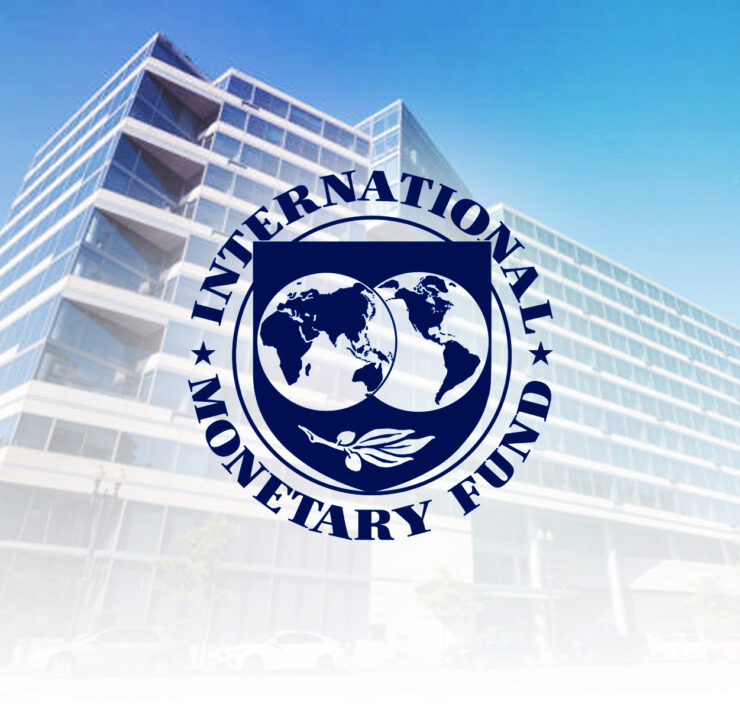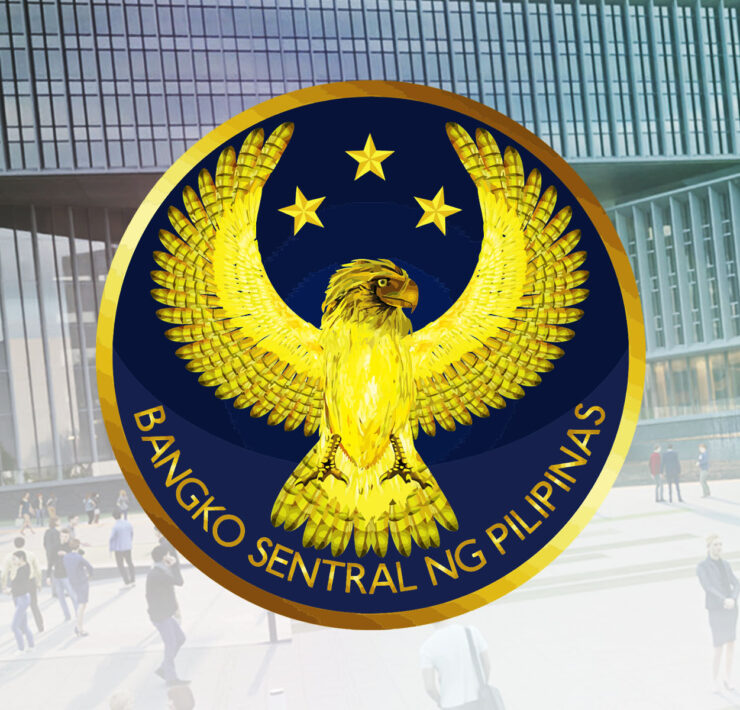Biz Buzz: IMF Dutch treatment redux

For the first time in recent history, the International Monetary Fund (IMF) is assigning to the Philippines a resident representative who had “been there, done that.”
We’re talking about Dutch economist Dennis Botman, who was the IMF resident representative to the country from 2009 to 2012—indeed, during that challenging period when the world was picking up the pieces from the Wall Street-epicentered global financial crunch.
He had then succeeded Reza Baqir, who went on to become the central bank governor of Pakistan.
We hear from the reliable grapevine that Botman will take on the role starting January 2025, succeeding Ragnar Gudmundsson who has returned to the IMF headquarters in Washington D.C.
But wait, Botman is currently the IMF resident representative to Indonesia, a much bigger economy than the Philippines.
Won’t this comeback to Manila be a career setback for this economist who is an expert in general equilibrium modeling, financial crises and speculative attacks, aging/social security reform and public finance?
Not necessarily.
From what we hear, Botman, who holds a Ph.D. from the University of Amsterdam, will cover the Philippines from Indonesia. Taking on this new assignment thus expands his role at the multilateral institution.
Thus, he will henceforth be shuttling between Manila and Jakarta as resident representative of both countries.
It’s similar to arrangements at other multinational institutions that assign leaders to handle multiple markets.
In this age of videoconferencing and hybrid work arrangements, it’s not at all unimaginable.
IMF will still maintain an office with a local staff in Metro Manila.
Why is the IMF introducing such an arrangement at this point? A keen observer says, “It could be both an economy/efficiency measure and a recognition that the Philippines has come a long way from being a prolonged user of IMF resources.”
It’s an affirmation that the Philippines, now a net creditor to IMF, no longer needs hawk-eyed babysitting.




















